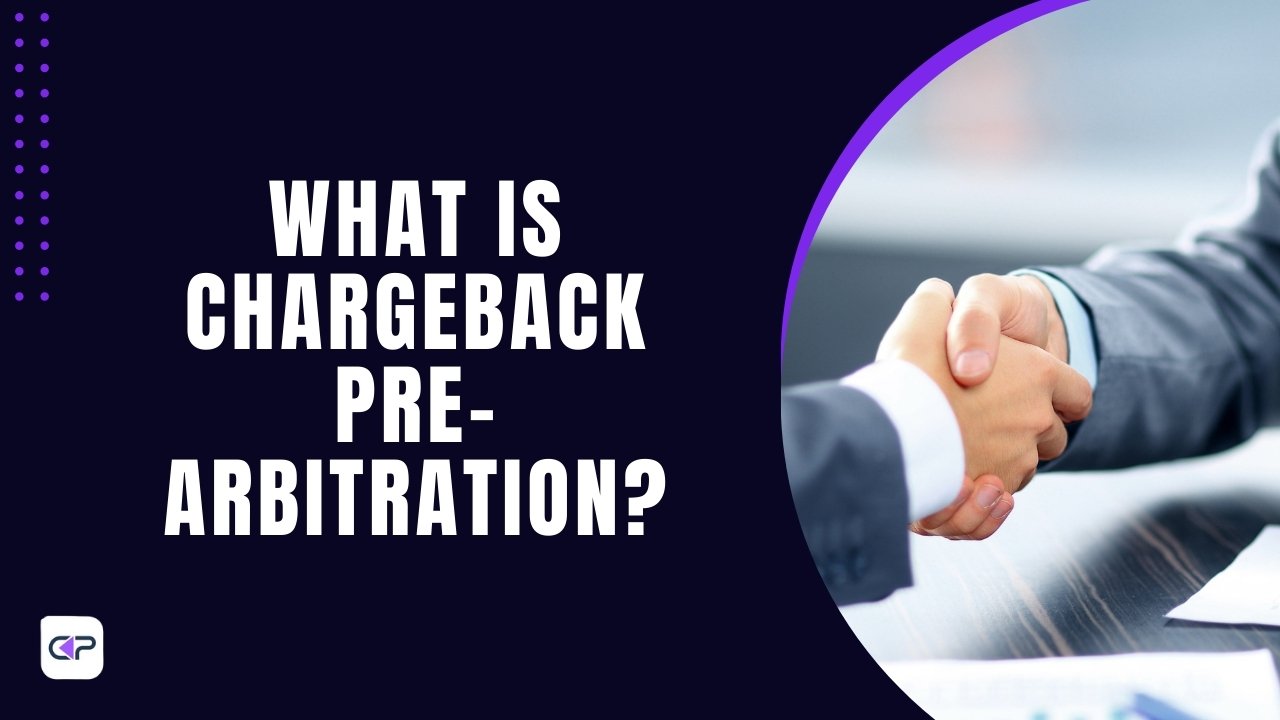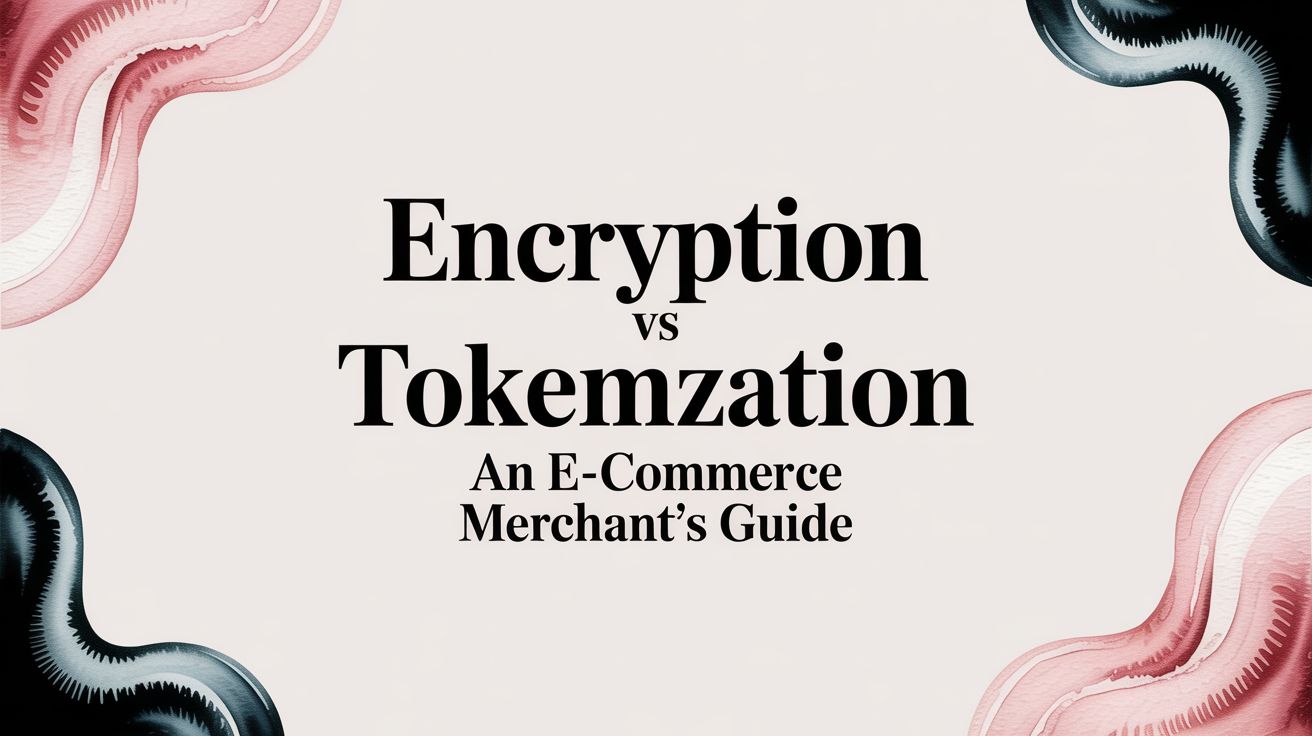
Are chargebacks impacting your revenue and operational efficiency?
For merchants, understanding and managing chargebacks is critical to protecting their bottom line.
Pre-arbitration, a lesser-known but crucial stage in the chargeback life cycle, offers merchants a final chance to resolve disputes before they escalate into costly arbitration.
By understanding it effectively, businesses prevent unnecessary financial losses, protect their chargeback ratios, and maintain relationships with payment processors.
This guide discusses the essential aspects of pre-arbitration chargebacks, equipping merchants with the knowledge to minimize risks and strengthen their dispute resolution strategies.
What is Pre-arbitration Chargeback?
A pre-arbitration chargeback, or a second chargeback, occurs when an issuing bank reopens a chargeback dispute after the merchant has responded to the initial chargeback.
This stage allows the cardholder’s bank to review the merchant’s evidence and determine whether there is justification to escalate the dispute further.
It is the last step before arbitration, where card networks like Visa, Mastercard, or American Express get involved, potentially leading to increased fees and further scrutiny.
Arises when:
- New evidence is submitted by the cardholder that wasn’t available during the initial dispute.
- The cardholder challenges the merchant's response, insisting on the legitimacy of the chargeback.
- The issuing bank identifies inconsistencies in the merchant’s response or finds that the original dispute wasn’t resolved satisfactorily.
Chargeback Life Cycle Leading to Pre-arbitration
- Transaction Initiation: The cardholder purchases with a credit or debit card.
- Chargeback Filed: If the cardholder disputes the charge, citing reasons such as fraud, undelivered goods, or dissatisfaction, the issuing bank initiates a chargeback request. This first chargeback leads to funds being temporarily deducted from the merchant’s account.
- Merchant Response: The merchant provides compelling evidence to dispute the chargeback if they believe it’s unjustified. This can include transaction details, delivery proofs, and customer interactions that validate the transaction.
- Issuing Bank Review: The issuing bank reviews the evidence provided by the merchant and decides if it adequately refutes the chargeback claim.
- Pre-arbitration: If the cardholder maintains their claim or new evidence is provided, the issuing bank initiates pre-arbitration, reopening the dispute with the merchant. At this stage, both parties present additional documentation before deciding on arbitration.
These steps is designed to give the merchant a chance to settle disputes before they escalate to arbitration, which incurs higher costs and often ends in binding decisions.
How does Pre-arbitration Work?
In this process, the issuing bank sends the dispute back to the merchant’s acquiring bank, which forwards it to the merchant.
The merchant then has a limited time to respond, typically around 10-20 days, though specific timelines vary by card network.
Key Steps in the Pre-arbitration Process:
- Issuing Bank Reopens Dispute: The issuing bank initiates pre-arbitration after reassessing the cardholder’s complaint and any new evidence provided.
- Merchant Receives Notice: The acquiring bank notifies the merchant about the pre-arbitration and provides a summary of any new claims or evidence from the issuing bank.
- Merchant’s Decision: The merchant can either:some text
- Accept Liability: If the merchant chooses not to respond, or if they accept the dispute, the funds remain with the cardholder.
- Challenge the Dispute: The merchant submits additional evidence if they believe they have sufficient grounds to challenge the pre-arbitration.
- Final Review: If the merchant chooses to contest, the acquiring bank and issuing bank review the response. If unresolved, it may proceed to arbitration with the card network.
This stage is critical because it allows merchants to prevent potential arbitration fees, reaching up to $500 per case with card networks like Mastercard.
Different Impacts of Pre-arbitration on Merchants
These chargebacks impact merchants in several significant ways, from financial costs to operational burdens and potential reputational damage. Understanding these impacts allows merchants to approach pre-arbitration proactively, with strategies to mitigate risks and manage resources efficiently.
1. Financial Costs and Fees
Pre-arbitration cases add direct financial strain on merchants through processing fees and potential losses in revenue. These costs include:
- Pre-arbitration Fees: Each case incurs processing fees from the acquiring bank and card networks. These fees can vary but often range from $15 to $50 per case. For larger merchants facing multiple cases, these costs accumulate quickly.
- Revenue Losses: When its results in the merchant accepting liability, the disputed funds are lost, directly impacting revenue. High-value transactions can significantly impact a merchant's bottom line if not successfully defended.
2. Increased Risk of Escalated Arbitration Costs
If disputes are not resolved, they may escalate to full arbitration, which is adjudicated by the card network. Arbitration fees are substantially higher, with major networks like Visa and Mastercard imposing charges of up to $500 or more per case.
Additionally, arbitration decisions are binding, leaving little room for further dispute. Merchants therefore have a strong incentive to resolve disputes at the pre-arbitration stage to avoid these potentially prohibitive costs.
3. Higher Chargeback Ratios and Fraud Monitoring
Unresolved disputes contribute to a merchant's overall chargeback ratio, the percentage of chargebacks relative to total transactions. A high chargeback ratio has several downstream impacts:
- Increased Scrutiny by Payment Processors: Payment processors closely monitor chargeback ratios. A consistently high ratio can lead to penalties, withheld funds, or even termination of processing services.
- Negative Impact on Fraud Monitoring Thresholds: High chargeback ratios often trigger stricter fraud monitoring and lower fraud tolerance thresholds from processors. This means that future transactions might be subjected to heightened scrutiny, potentially leading to more declines or holds on legitimate transactions, which can harm the merchant's customer experience.
4. Operational Burden and Resource Allocation
Responding to pre-arbitration chargebacks requires time, documentation, and team resources. Merchants must gather compelling evidence, such as proof of delivery, customer communications, and transaction details, within tight timelines (typically 10-20 days).
This strains customer service and chargeback management teams, especially during peak transaction periods.
- Time-Intensive Documentation: Each response requires detailed documentation. For merchants handling high volumes of disputes, this can lead to extensive time investment, detracting from core business activities.
- Operational Costs: Some merchants may need to hire additional personnel or leverage chargeback management solutions to handle the increased workload effectively.
5. Potential Reputational Impact
If a merchant frequently faces chargebacks or escalates to arbitration, this can affect their reputation with banks, payment processors, and even customers. Reputational impact includes:
- Bank and Processor Perception: Merchants with recurring disputes are perceived as higher risk by banks and processors. Over time, this can lead to limited access to certain processing features or more restrictive terms.
- Customer Trust: Disputes often reflect customer dissatisfaction. A high frequency of chargebacks can indicate service or product issues, potentially affecting customer loyalty and trust.
6. Long-term Business Implications
Over time, pre-arbitration impacts the merchant's overall relationship with payment partners. Merchants facing frequent cases may find themselves categorized as high-risk, which can:
- Increase Processing Fees: Some acquirers impose higher transaction fees on high-risk merchants, affecting overall profitability.
- Restrict Business Growth: Limited access to payment services and higher processing costs can impact a merchant’s ability to scale operations or expand into new markets.
Understanding these impacts is essential for merchants to manage theircases effectively, control costs, protect their reputation, and maintain good standing with payment providers.
Win Chargeback Cases with ChargePay
ChargePay equips merchants with powerful AI-driven tools to manage pre-arbitration disputes and maximize their success in chargeback cases.
By leveraging real-time fraud detection, predictive analytics, and customized risk scoring, ChargePay helps businesses proactively prevent disputes and respond effectively when they occur.
With streamlined workflows and automated dispute resolution processes, it enables merchants to submit accurate, compelling evidence quickly to win chargeback cases and retain hard-earned revenue.
Partnering with ChargePay allows merchants to automate chargeback management with confidence.
Our solution helps reduce chargeback ratios and safeguards relationships with payment providers and customers.
Experience how ChargePay optimizes your chargeback management strategy







.svg)







.svg)
.svg)
.svg)